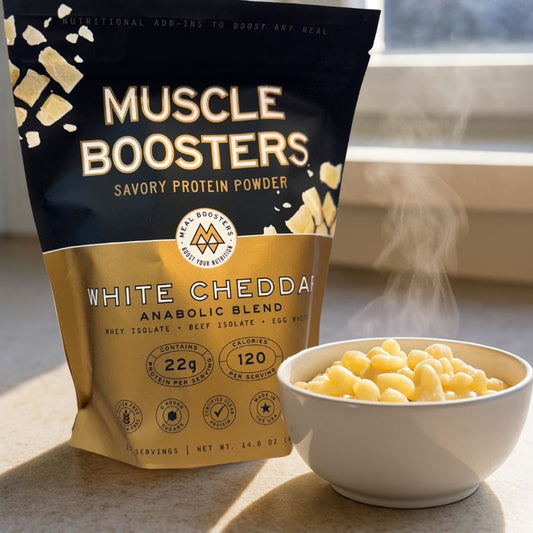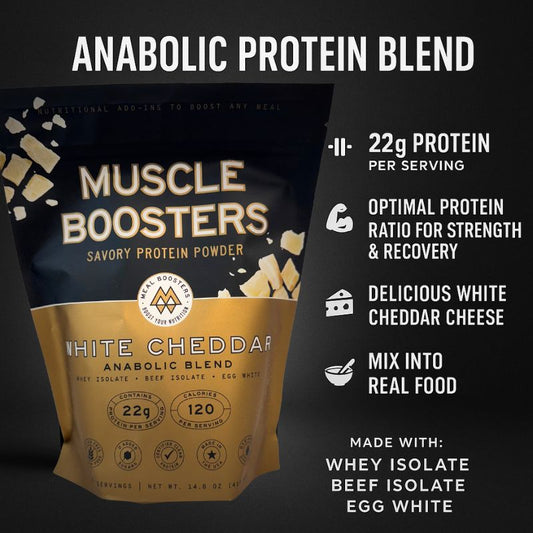Inflammation with Food: Collagen’s Role in Reducing Joint and Gut Inflammation

Inflammation is a necessary immune response, but when it becomes chronic, it can contribute to a host of long-term health issues—like arthritis, leaky gut, and autoimmune conditions. What if a simple, natural protein could help? Enter collagen. Often praised for its skin benefits, collagen peptides are also powerful allies in the fight against inflammation, particularly in your joints and digestive system.
Let’s break down the research and explore how collagen can help reduce inflammation and support long-term wellness.
The Link Between Collagen and Inflammation
Collagen is the most abundant protein in your body. It gives structure to your joints, tendons, ligaments, and gut lining. As we age or expose our bodies to stressors (like poor diet or environmental toxins), collagen production decreases—opening the door to inflammation.
One study in PubMed found that collagen peptides significantly reduced inflammation and improved outcomes in patients with osteoarthritis.
Another 2019 study in the PubMed Central—an amino acid abundant in collagen—and showed it can suppress pro-inflammatory cytokines and improve gut barrier function.
How Collagen Supports Joint Health
If you suffer from joint pain or stiffness, collagen may help by nourishing the connective tissues and reducing inflammation:
-
A 2018 study in the International Journal of Medical Sciences showed that adults who took collagen hydrolysate experienced significant improvement in joint discomfort and flexibility.
-
Collagen helps rebuild cartilage, the tissue that cushions your joints. With age and overuse, cartilage degrades—but collagen peptides provide the amino acids your body needs to restore it.
-
Long-term supplementation can also help prevent further joint degeneration by reducing inflammatory pathways that break down connective tissue.
Collagen’s Role in Gut Health and Inflammation
Collagen doesn’t just benefit joints—it’s a game-changer for gut health too. Many digestive issues stem from inflammation in the gut lining, often referred to as “leaky gut.” This can lead to food sensitivities, immune dysfunction, and chronic inflammation throughout the body.
-
A study published in Current Opinion in Clinical Nutrition & Metabolic Care highlighted glutamine’s role (another collagen amino acid) in protecting and healing the gut’s epithelial lining.
-
Glycine, another key amino acid in collagen, was found to play a crucial role in gut health and maintaining barrier integrity.
When the gut is healthy and sealed, inflammation throughout the body decreases, and nutrient absorption improves.
How to Add Collagen to an Anti-Inflammatory Diet
Supporting your body with collagen doesn’t require massive diet overhauls. Here are simple ways to add this inflammation-fighting nutrient into your daily life:
✅ Meal Boosters Savory Collagen Powders: Stir into soups, sauces, stews, or eggs for an easy protein upgrade without the sweet taste of typical protein powders.
✅ Drink Bone Broth: Naturally rich in collagen, it’s a classic remedy for joint and gut health.
✅ Eat Vitamin C-Rich Foods: Citrus fruits, bell peppers, and broccoli help your body synthesize collagen.
✅ Reduce Collagen-Destroying Foods: Sugar, ultra-processed snacks, and refined vegetable oils can accelerate collagen breakdown and inflammation.
Final Thoughts: Let Food Fuel Your Healing
Chronic inflammation doesn’t have to be your baseline. By incorporating collagen into your routine, you’re taking a proactive step toward soothing your joints, healing your gut, and improving your quality of life. Backed by peer-reviewed science and supported by real results, collagen is a simple, delicious way to promote resilience from the inside out.




